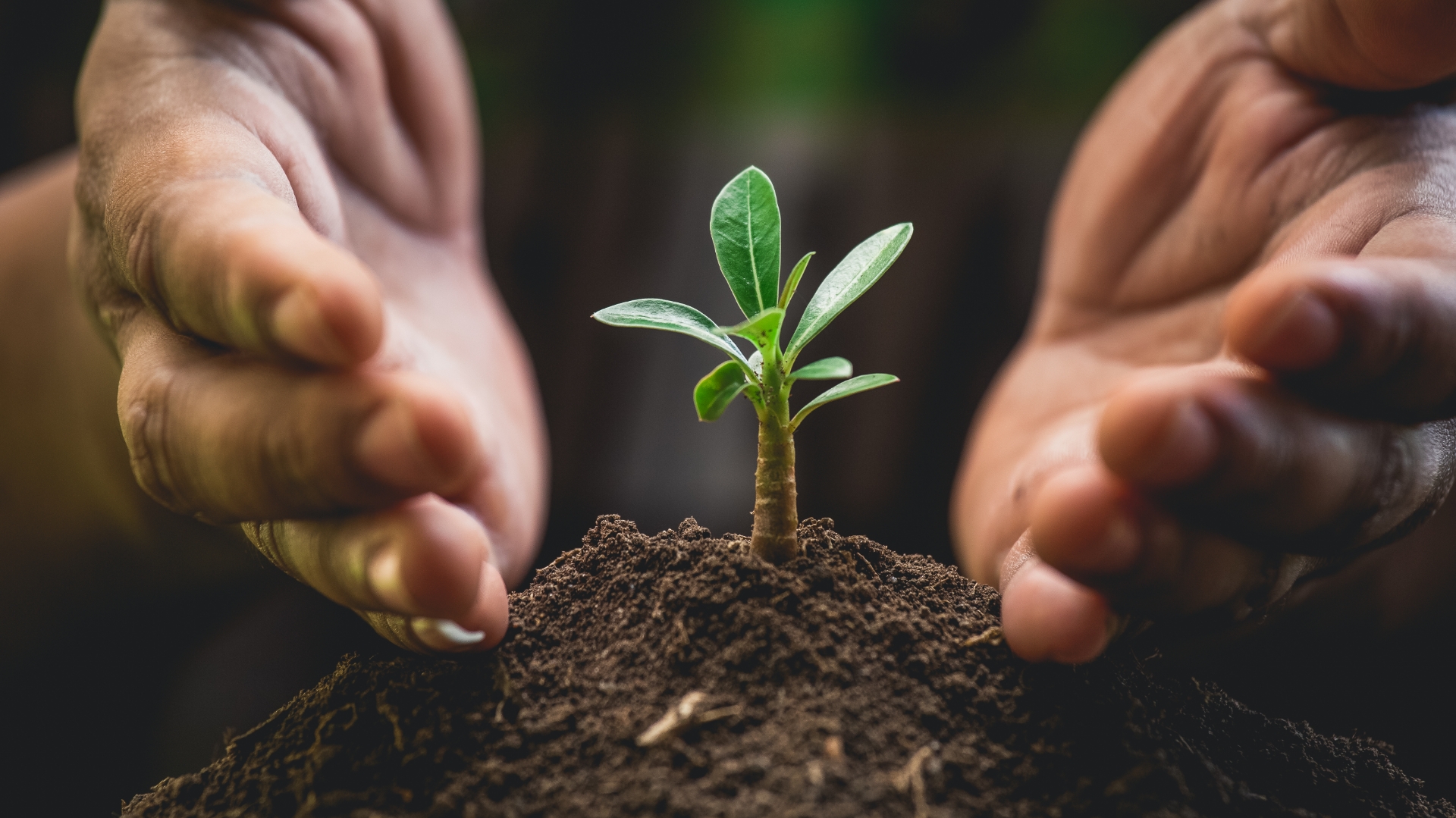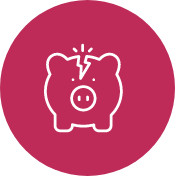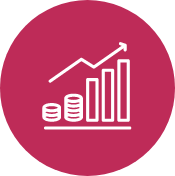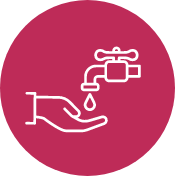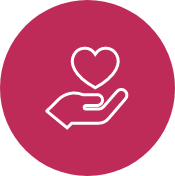
Climate
Set a target and migrate towards zero carbon
Key Facts
- Mauritius ranked 13th most vulnerable country to climate change
- Mauritius pledged to reduce its GHG emissions by 30% by 2030
(2015 Paris Agreement on Climate Change) - At present, 19% of renewable energy and 81% fossil fuels are used in Mauritius
- National target of 35% Renewable energy by 2025 and 40% by 2030
- Solar energy is cheaper than coal energy by 23%
Benefits of Energy Transition
- Reduced carbon emissions
- Falling energy costs
- Job creation
- Full energy access
- Improved energy security
- Improved air quality & greater economic gain
Our Group's Commitment
- Tracking our carbon footprint
- Reducing our carbon footprint by:
(i) Implementing energy efficiency initiatives
(ii) Developing and implementing renewable energy solutions
(iii) Promoting smart mobility - Offsetting our carbon footprint
Understanding the terms:
Carbon Footprint
amount of carbon dioxide released into the air because of your own
energy needs (transport, clothing, food, electricity, etc.)
Renewable Energy
made from resources that nature will replace, like wind, water and
sunshine (also referred as green or clean energy)
Smart Mobility
refers to a mode of transport that is associated with low or zero
emissions, can be bicycle-riding, car sharing, walking etc.
Offset Carbon
a reduction in emissions of carbon dioxide or other greenhouse
gases made in order to compensate for emissions made elsewhere.

Circular Economy
Reduce waste production and recycle more
than 75% of waste produced
Key Facts
- Mauritius generates around 543 200 t of waste per year at the only landfill of
the island, Mare Chicose - Mare Chicose has already reached saturation
- 27% of waste to landfill is food waste and 27% is green waste
- In 2019, 18 500 t of PET were imported. 76 000 t of PET ended up in landfill
- Supply chains cause 90% of companies’ environmental impact
Nothing is lost, nothing is
created, everything is
transformed.
A circular economy model aims to reduce pressure on
resources by redesigning products and services and to
avoid the generation of waste.
Our Group's Commitment
- Waste management based on Rs
– Implementing efficient waste management policies and practices
– Unlocking the value of trash with local stakeholders
– Reducing waste in our own processes - Sustainable procurement and consumption
- Sustainable consumption
- Adopting Smart Agriculture practices
- Advocating with government institutions for systemic change
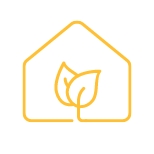
Vibrant Communities
Work towards proactive integration of local communities,
responsible development with more sustainable building practices
Key Facts
- Urban areas have a crucial role in tackling climate change – they emit almost
70% of global greenhouse gas emissions - The historic environment is a proven source of benefit to local economies
through tourism and external investment - Heritage adds character and distinctiveness to an area and creates
a ‘sense of place’ - Heritage adds value to regeneration projects, economically and environmentally
We commit to make our
island safe, pleasant and
valorise cultural and historical heritage for the
well-being of our
communities
Our Group's Commitment
- Establishing continuous dialogue with local stakeholders
- Championing the creation of vibrant public spaces that celebrate history,
culture and arts - Promoting wellness in our communit

Biodiversity
Preserve and protect the local species both on land and at sea
Key Facts
- Mauritius is one of the 25 recognised biodiversity hotspots in the world
- From 2001 to 2016, Mauritius has lost 2-56% of its remaining live coral cover
due to coral bleaching - 89% of endemic Mauritian’s flora is now considered threatened
- 61 of the island’s indigenous species are classified as extinct
Biodiversity
refers to all living beings and the environments in which they
live. Biodiversity is the ultimate source of all ecosystem
services we depend on.
Our Group's Commitment
- Raising awareness on biodiversity in and out of Rogers
- Promoting biodiversity preservation on the Island
- Tackling biodiversity through ridge to reef approach
- Promoting non-motorised lagoon activities
- Articulating biodiversity regeneration with carbon sequestration and community development
- Integrating biodiversity in our future development projects

Inclusive Development
Onboard more local employees and reduce pockets of poverty in
regions where we operate
Key Facts
- In Mauritius, 33,600 families suffer from poverty
- Due to Covid-19, unemployment rate is expected to increase from 6.7% to 17.5%
- The labour force participation rate of women is 57% vs 88% for men
- Mauritius ranked 115/153 on GenderGap Index
Our Group's Commitment
- Empowering people to express their creativity and entrepreneurship to design solutions to
address local needs - Promoting local products through our procurement practices, to create local jobs
and businesses - Generating growth for all with a focus on education and training
 Share Price:
Share Price:  Fr
Fr